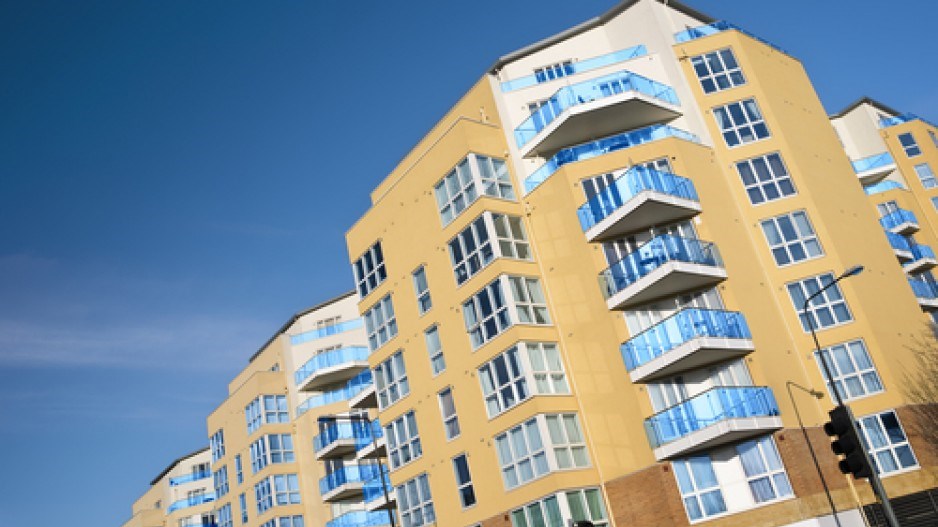Low vacancy rates, high land costs, new mortgage restrictions, a lack of federal incentives for new purpose-built rental housing and steady income have made rental buildings in the Greater Vancouver area a solid investment vehicle, which explains why building owners are sitting tight.
The number of sales of apartment buildings in the Greater Vancouver area in the first six months of 2012 barely moved compared with the same period last year, according to David and Mark Goodman of Real Estate Services.
However, the value of those sales nearly doubled to $216 million in the first half of 2012, up from $109 million in the first half of 2011.
The numbers were skewed by two large sales – a 31-suite building at 2001 Beach Avenue that sold for close to $19 million (about $609,000 per suite) and a 214-suite strata at 1323 Homer Street that sold for close to $79 million (approximately $367,000 per suite).
Mark Goodman said new buyers are usually opting to renovate, which increases the rent they can charge and gives them a good return on investment in a short period of time.
"The payback is four years, roughly," Goodman said. "A strong majority of new buyers see the opportunity in upgrading and renovating their suites. Most [existing] owners aren't as aggressive."
So far this year, 53 apartment buildings have sold – 28 in Vancouver and 25 in suburban areas – according to the Goodman report. That's one building more than sold in the same period of 2011. The average price per unit increased 28%, from approximately $216,000 in 2011 to $277,000 in 2012.
The areas of greatest activity were Vancouver's West End and East Side, New Westminster and Burnaby.
Vancouver's rental vacancy rates have hovered below 1% for the past few years, largely because there has been no new purpose built-rental housing built here for nearly four decades. Goodman does not expect to see those rates easing any time soon.
"With the Government of Canada's recent tightening of mortgages to 25-year amortization from 40 years, fewer buyers are able to qualify for home purchases," the Goodman report states. "Expect landlords to become the prime beneficiaries as tenants stay put for longer periods."




